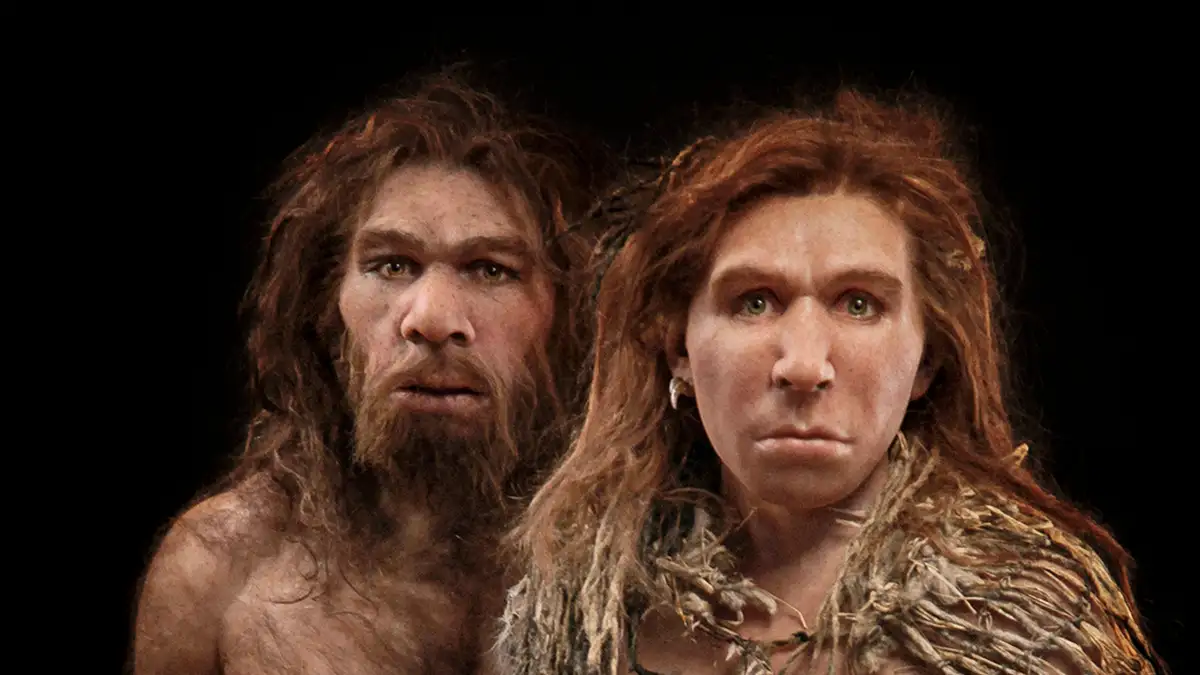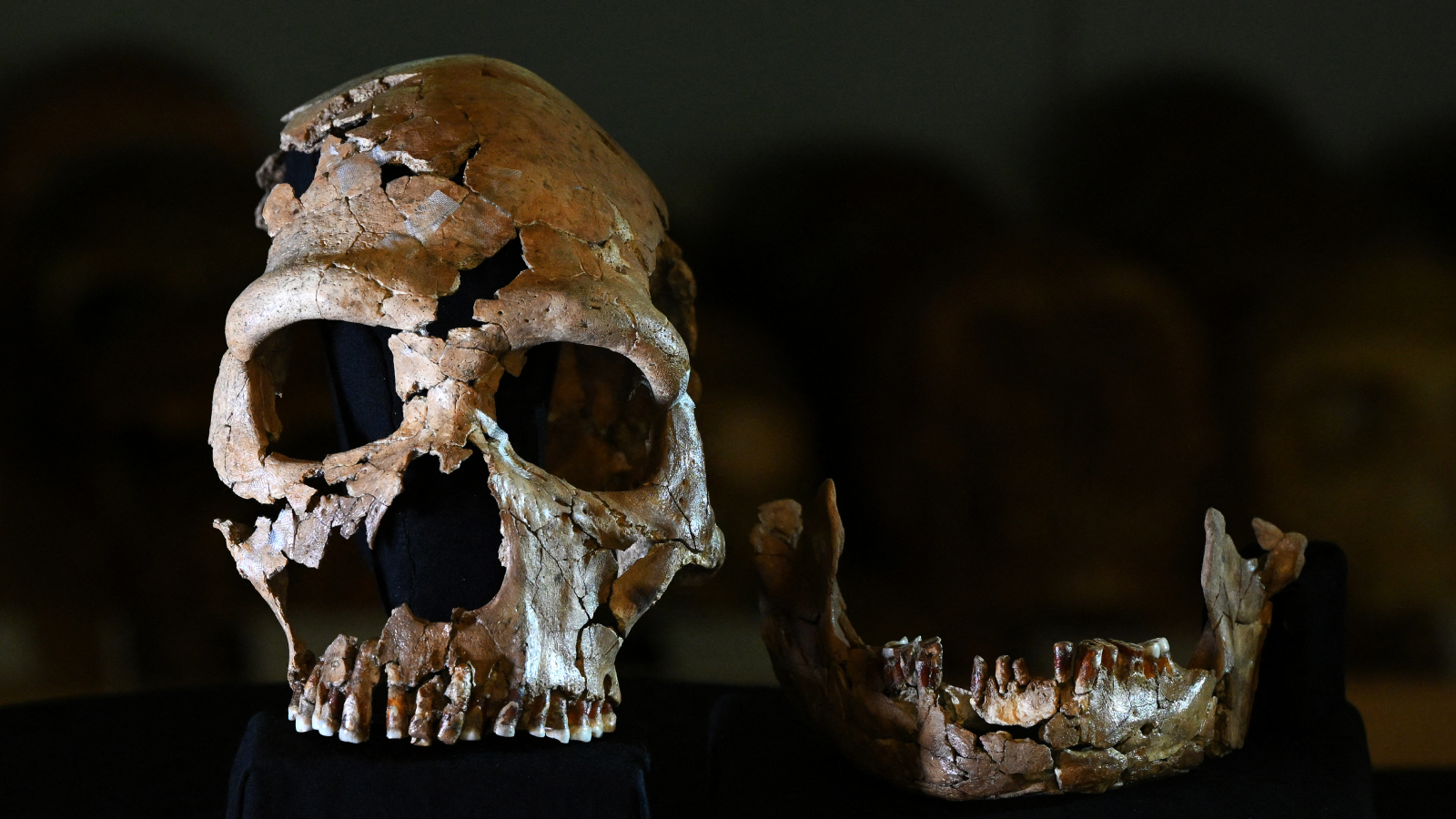T4K3.news
Scientists identify a new human species named Homo juluensis
A team has proposed Homo juluensis, potentially reshaping our understanding of human evolution.

Researchers introduce Homo juluensis, a potential link in human evolution.
Discovery of a New Human Species Challenges Current Understanding
A team of anthropologists from the Chinese Academy of Sciences and the University of Hawai’i has proposed a new human species named Homo juluensis. This discovery emerged from a study based on fossil classifications, which revealed unique cranial and dental characteristics distinct from known species. The species thrived in eastern Asia from 300,000 to 50,000 years ago, exhibiting behaviors such as hunting and tool-making. Christopher J. Bae, a key researcher, indicated that this classification clarifies previously ambiguous fossil records, which often included specimens that did not match existing human species like Homo erectus or Homo sapiens. H. juluensis could also encompass known specimens like the Denisovans, further complicating our understanding of human evolution.
Key Takeaways
"This study clarifies a hominin fossil record that has tended to include anything that cannot easily be assigned to Homo erectus, Homo neanderthalensis or Homo sapiens."
Christopher J. Bae emphasizes the importance of the new classification in understanding hominin fossils.
"We did not expect being able to propose a new hominin species and then to be able to organize the hominin fossils from Asia into different groups."
Bae reflects on the unexpected nature of this discovery and its implications.
The introduction of Homo juluensis is significant as it suggests that human evolution may not be as linear as previously thought. As more fossils defy easy classification, the potential for discovering additional hominin species increases. This research not only challenges traditional views but also highlights the complexity of human ancestry. With ongoing excavations and technological advancements, anthropologists may unearth further insights into how ancient humans adapted and interacted with their environment. The implications could extend beyond academic interest, reshaping narratives around human history and our connection to these ancient populations.
Highlights
- Homo juluensis may be the missing puzzle piece in human evolution.
- Ancient fossils continue to rewrite our understanding of humanity.
- This discovery invites us to reconsider who our ancestors really are.
- The complexity of human evolution deepens with each new finding.
Potential Backlash Over Classification Changes
The proposal for a new human species may raise concerns among some researchers who adhere strictly to existing classifications, possibly leading to controversy in the scientific community.
This finding opens new doors for understanding human evolution and our ancestors' diversity.
Enjoyed this? Let your friends know!
Related News

New findings reveal connections between humans and Neanderthals

Marine Superintendent Finds New Microbial Life

Scientists reveal traits of Neanderthal and Homo sapiens hybrids

New Theory Rewrites Human Evolution History

Ancient Child Skull May Change Our View of Human Evolution

Ancient fossils discovered in Indonesian Sea

New study reveals gut bacteria affect appetite

Research links Neanderthal genes to brain condition
